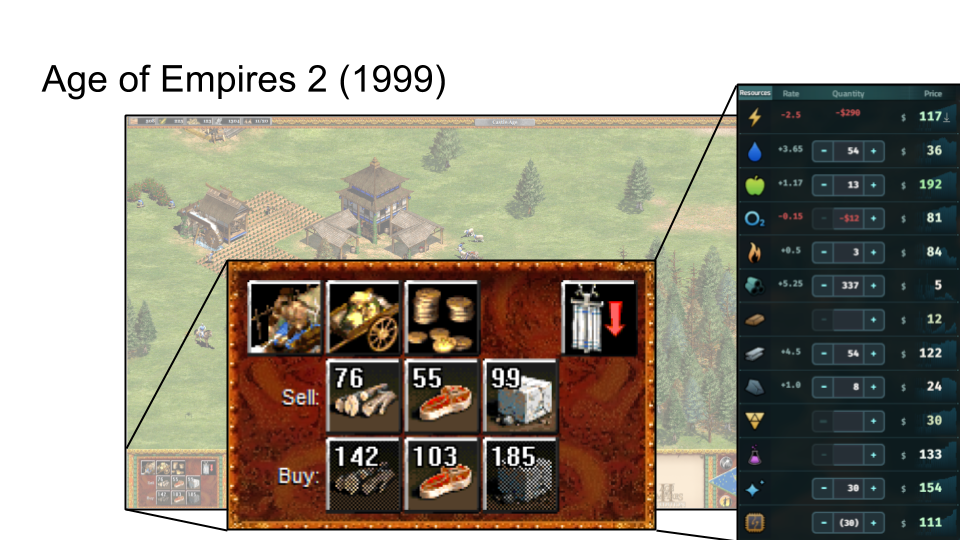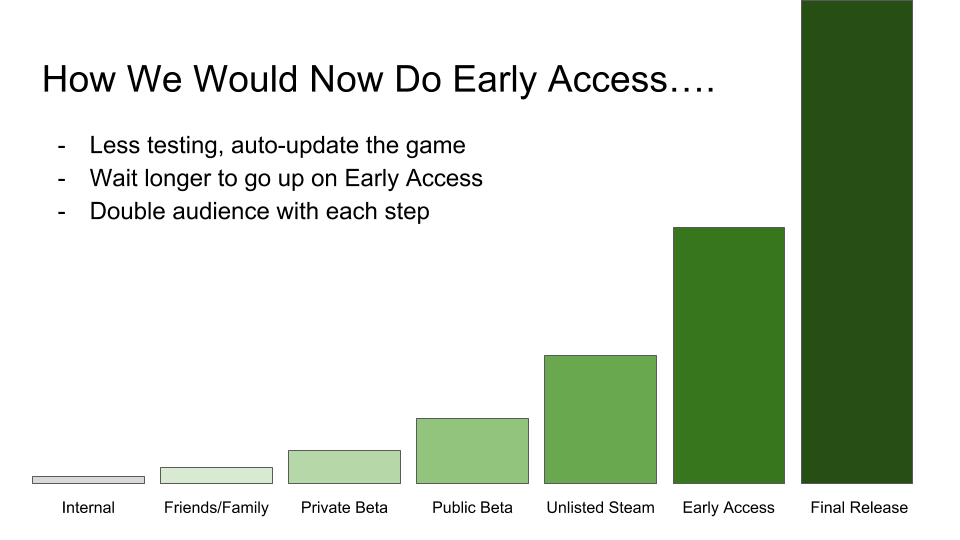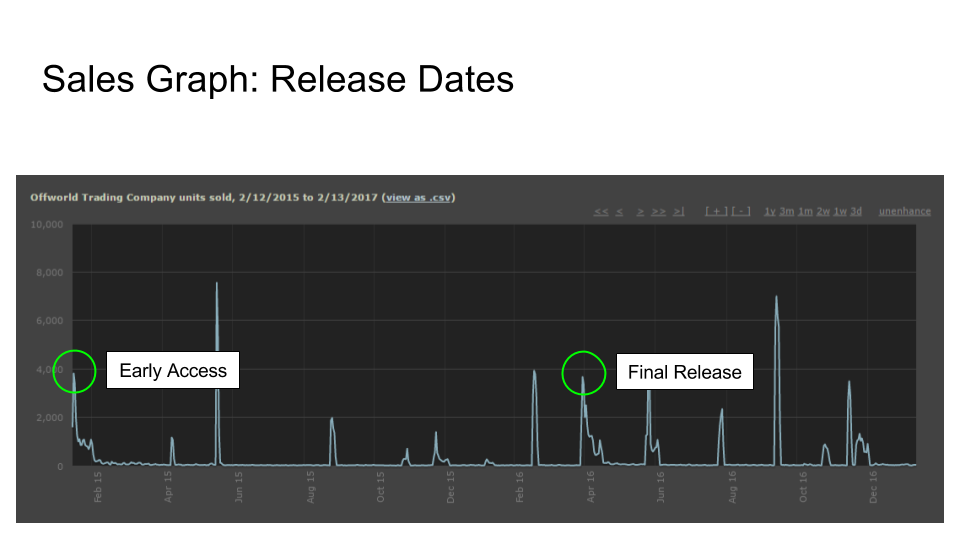The 2016 presidential election has produced scores and scores of articles about how Donald Trump went from a novelty candidate to the White House. Most of these articles will overreach in their conclusions because they will focus on his election instead of his nomination, which now seems inevitable in hindsight. However, a very small percentage of Americans decided that Trump would be one of the two candidates for Presidents; he received 14 million votes in the primaries, from only 5.6% of America’s 251 million eligible voters. Only 1 in 20 Americans are responsible for Trump’s nomination. Indeed, only 800,000 more Americans voted for Trump in the Republican primaries than for Bernie Sanders in the Democratic ones (and 2.9 million more voted for Clinton than for Trump).
This percentage needs to be remembered when contextualizing Trump’s success — it is far from clear than even a significant minority of Americans ever wanted him to become President, and many, if not most, Republicans were essentially stuck with him after he clinched the nomination. Trump only won a plurality of votes in the primaries as more Republicans (55%) voted against him than voted for him. In fact, Trump won because of bad game design.
State-by-state, the Republican primaries have widely different rules, but they generally follow a winner-takes-all philosophy. By securing at least a plurality of votes, Trump won all 99 delegates in Florida, all 58 in Arizona, all 57 in Illinois, and all 172 in California. Other states with hybrid rules still gave Trump the vast majority of the delegates – for example, 89 of 95 delegates in New York and 70 of 71 in Pennsylvania – just for finishing first. The intention behind this rule is to shorten the primary process, to keep Republican candidates from damaging each other with friendly fire during an overlong race. However, like many rules intending to fix one issue, this one created a new one — that the nominee did not need a majority of votes to win a majority of the overall delegates. Trump won with an exploit.
In contrast, the Democratic primaries largely divide up delegates proportionally, so each candidate earns delegates proportional to his or her performance. Sometimes, these results can be quite close; in Illinois, for example, Clinton earned 79 pledged delegates while Sanders earned 77. This system has the downside of potentially extending the race much longer than perhaps the party desires, but a candidate without a majority of voters is also unlikely to ever earn a majority of pledged delegates. Under the Democratic system, Trump would have gone into the convention with roughly 45% of the delegates (estimating from his national primary vote percentage), and his nomination would be far from assured, especially considering how many Republicans would have preferred anyone but Trump. The Republican Convention would have been a messy affair, but at least the party would have had a chance to avoid the worst presidential nominee of our lifetimes.
Let me repeat for emphasis: If the Republican party had used the ruleset of the Democratic party, Trump would not have been guaranteed the nomination. Although rules are written to favor certain outcomes, they must be judged not just by what they fix in the best-case (shortening the primaries) but also by what they enable in the worst-case (Donald Trump).
How should the GOP patch this exploit? One obvious suggestion would be to adopt the superdelegate system of the Democrats, which gives the party establishment extra votes to prevent an undesirable candidate like Trump. However, superdelegates are also an example of bad game design because they create a much more extreme version of the problem that the Republican’s winner-take-all primaries were supposed to fix — extending the primary race longer than desired, possibly even until the convention when the superdelegates actually vote. When Clinton did clinch the nomination on June 6th, with only six states left to vote, the ridiculous but technically possible scenario still existed that Sanders could win if enough superdelegates switched from Clinton to Sanders. Indeed, Sanders made a fairly remarkable transformation from decrying the superdelegate system as undemocratic early on to asking for their help near the end to take the win away from Clinton, a nakedly undemocratic move. The real question Democrats need to ask themselves is whether they would ever actually be willing to use the superdelegates to override a majority of primary voters as doing so would clearly be a betrayal of the process. If the party is not willing to use them in such a way, then superdelegates are surely more trouble than they are worth.
The answer – for both Republicans and Democrats – is a simple state-by-state proportional distribution of delegates, with no superdelegates, and the nomination should only be guaranteed to a candidate able to earn a majority of delegates (and, most likely, votes as well). This scenario does increase the likelihood of a contested convention (where no one candidate controls a majority), which could be a problem in the mass media era. However, as we have seen in 2016, the alternative is much, much worse.
Speaking of bad design, we could certainly spend time talking about how the Electoral College is hurting democracy, but instead, I would encourage everyone to write your state legislator about the National Popular Vote Interstate Compact, which is a clever community-built patch for some legacy code with which we’re all currently stuck.




